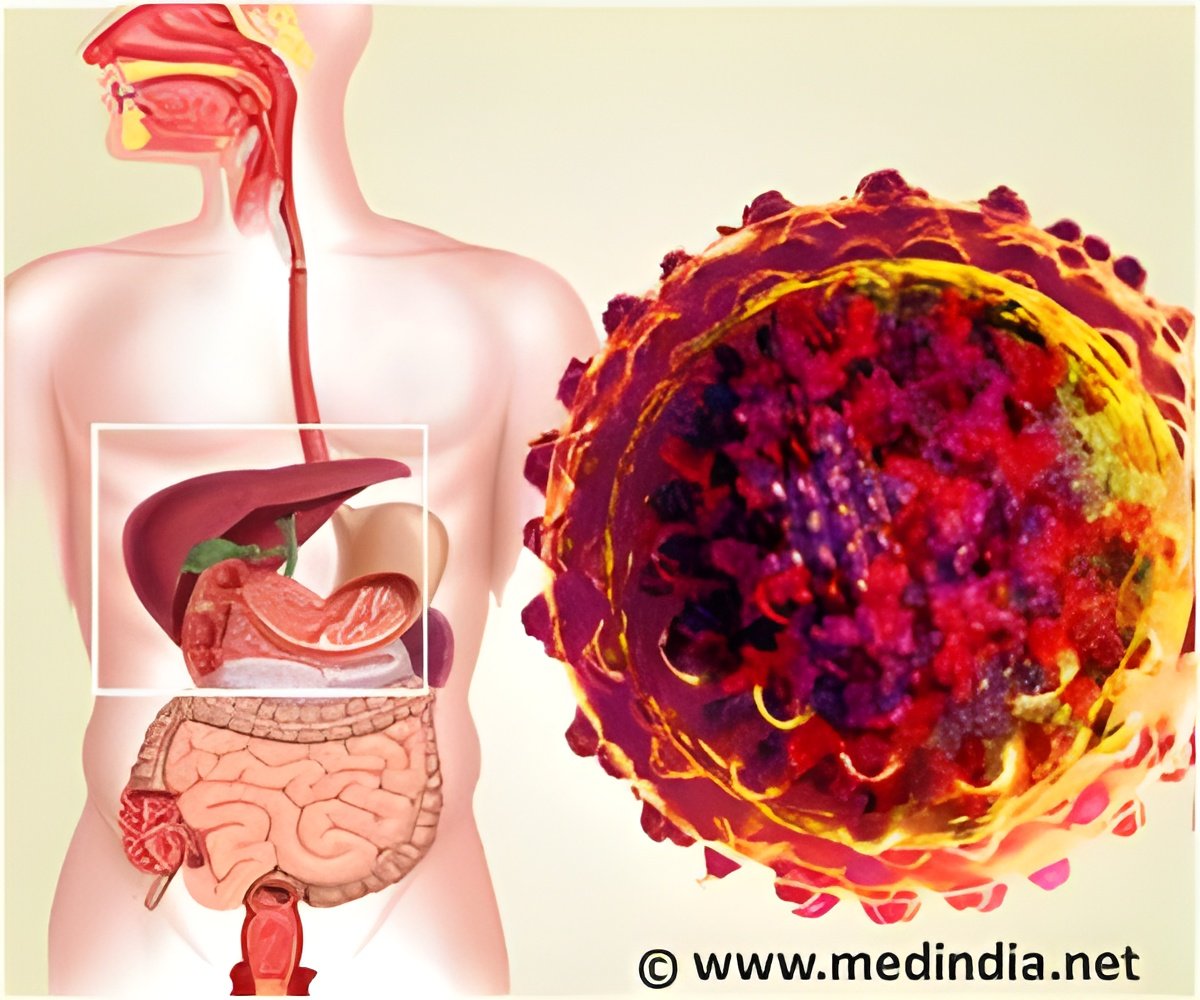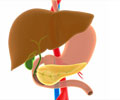
‘Deaths due to viral hepatitis have increased by 63 percent from 890,000 in 1990 to 1.45 million in 2013, surpassing the number of fatalities caused by other leading diseases such as AIDS, tuberculosis and malaria.’
Tweet it Now
By comparison, in 2013 there were 1.3 million deaths from AIDS, 1.4 million from tuberculosis, and 855,000 from malaria, said the report, published in The Lancet. "Whereas deaths from many infectious diseases -- such as TB and malaria -- have dropped since 1990, viral hepatitis deaths have risen," said study leader Graham Cooke from Imperial College London's medicine department.
Hepatitis is an inflammation of the liver, most often caused by a virus but sometimes by drug or alcohol abuse, other infections, or autoimmune diseases. There are five main types, known as A, B, C, D and E.
According to the World Health Organization, types A and E are typically transmitted via contaminated food or water, while B, C and D usually occur from contact with body fluids of an infected person.
An estimated 95 percent of people are unaware of their infection, though treating hepatitis B and C can prevent the development of chronic liver disease.
Advertisement
"We have tools at our disposal to treat this disease -- we have vaccines to hepatitis A and B and we have new treatments to C," for which there is no vaccine, said Cooke.
Advertisement
The review concluded with a call for a change in funding structures to "allow effective responses in low-income and lower-middle-income countries."
Source-AFP














